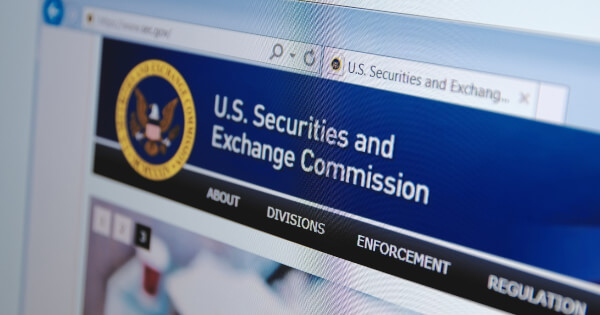SEC filing discrepancies threaten American CryptoFed registration
Zach Anderson Nov 20, 2022 04:58
The first decentralized autonomous organization (DAO) to get legal recognition in the United States is at risk of losing its registration. The U.S. Securities and Exchange Commission (SEC) dug up anomalies in the DAO's registration statement dated Sept. 17, 2021. A stop order from the SEC would retract American CryptoFed's registration and bar sales of in-house tokens, Ducat and Locke.

Following the discovery of irregularities in the Form S-1 registration statement dated September 17, 2021 by the United States Securities and Exchange Commission (SEC), the first decentralised autonomous organisation (DAO) in the United States to receive legal recognition is in danger of having its registration revoked. This organisation is known as the American CryptoFed DAO. In July 2021, the office of the Wyoming Secretary of State acknowledged American CryptoFed as a legal company. At the time, the organization's CEO, Marian Orr, was of the opinion that "Wyoming is perhaps the top blockchain jurisdiction in the world." On the other hand, administrative procedures against the DAO were opened by the SEC on November 18, 2022, in order to decide whether or not a stop order should be issued.
In the event that the SEC issues a stop order, American CryptoFed's registration will be revoked, and sales of the in-house tokens Ducat and Locke would be prohibited.
The American CryptoFed Form S-1 registration statement allegedly lacks essential information, such as audited financial statements and specifics about the company's operations and management, as stated by the Division of Enforcement of the Securities and Exchange Commission (SEC).
In addition, the SEC was of the opinion that the filing made by American CryptoFed had "misleading representations and omissions," and that it described the tokens as securities in a manner that was not consistent.
Image source: Shutterstock.jpg)